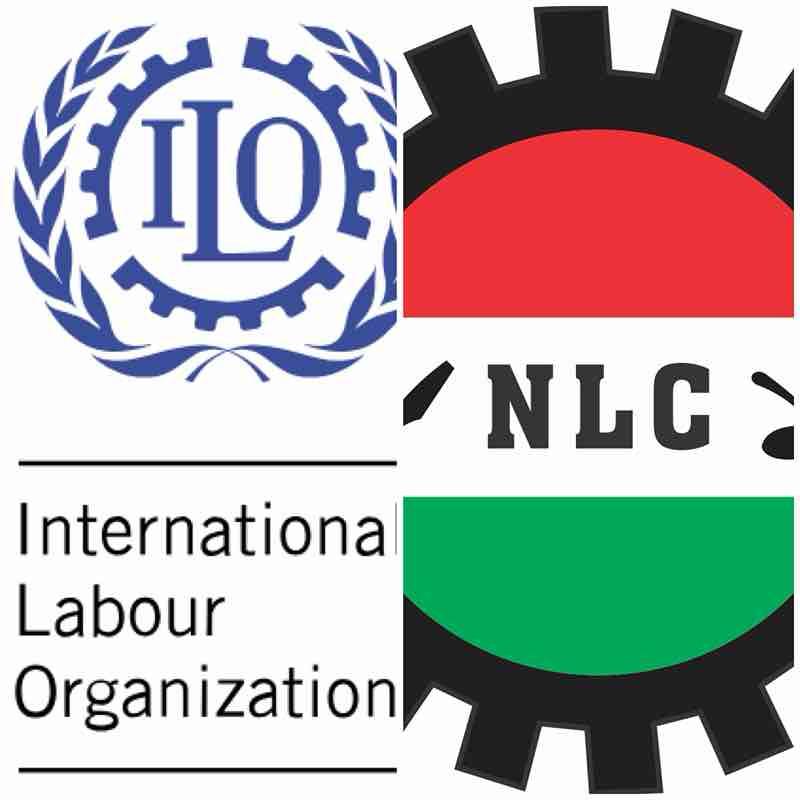By Joan Nwagwu
The International Labour Organisation (ILO), has commended the Federal Government for ensuring that workers’ voices are reflected in Nigeria’s updated Nationally Determined Contributions (NDC) 3.0 on climate action.
Ms Inviolata Chinyangarara, ILO Senior Specialist, on Friday in Abuja said the inclusion of workers’ concerns in the NDCs 3.0 demonstrated the success of social dialogue and inclusiveness led by the National Council on Climate Change (NCCC).
“The fact that workers’ issues are now at the centre of Nigeria’s NDC 3.0 shows that social dialogue still works,” she said.
According to her, the Nigeria Labour Congress (NLC) played a vital role in shaping the document by contributing ideas on how a just transition should guide Nigeria’s climate policy.
“The NLC brought their membership, their structures across the 36 states and their views on how just transition should inform the NDC reviews,” she added.
Chinyangarara said that the ILO provided technical and capacity-building support to the NLC to strengthen its participation in the NDC process and promote evidence-based advocacy.
“We empowered the trade unions to come to the discussion table with evidence on why workers’ issues should be integrated into national climate plans,” she said.
She noted that the collaboration among government, ILO and trade unions ensured a balanced and inclusive process where “no one is left behind” in the transition to a green economy.
Chinyangarara, however, cautioned that while Nigeria had developed strong and inclusive policies, implementation remained the greatest challenge.
“We are optimistic, but with a big caution. Nigeria, like many countries in Africa, has good policies, but the issue of implementation is the real challenge,” she said.
She said that there was need for sustained collaboration among labour, government and development partners to ensure that climate commitments translate into real results for workers.
According to her, the NLC’s charter of demands highlights key areas such as occupational safety, gender equality, youth re-skilling and social protection for workers affected by the energy transition.
Chinyangarara, further urged Nigeria to mobilise domestic resources to finance its climate goals, adding that, with local resources, you can plan, you can own and you can commit to the work areas.
She assured that the ILO will continue to support Nigeria through training, technical assistance and partnerships to ensure workers’ welfare remain central to climate action.






